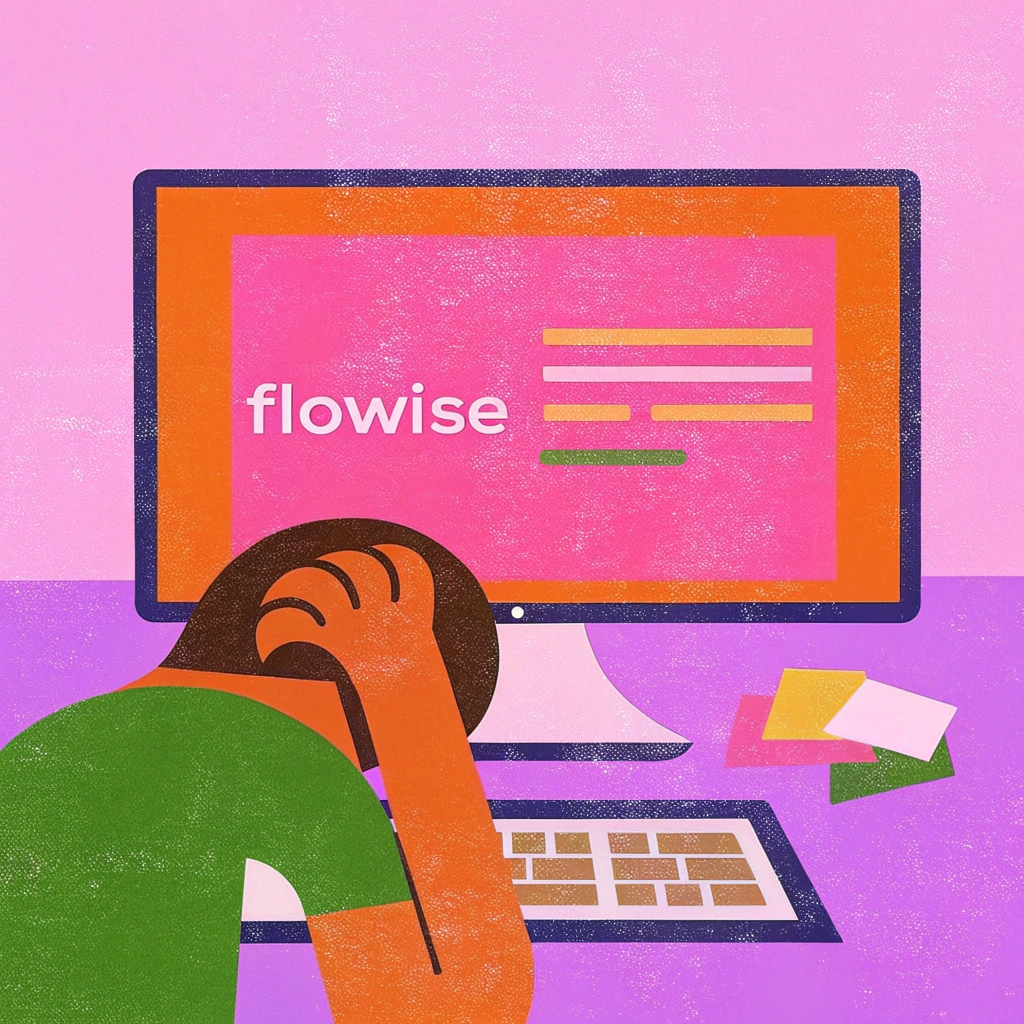Good vs. Great: Tips For Making Your App Developer’s Job Easier
Here’s the awful truth: a good idea for an app is only as good as it sounds in your head. It’s a brutal reality, but in a world where developers are inundated with pitches delineating “good” app ideas that won’t actually make viable products, experienced developers won’t work with just any random budding appster who has yet another “brilliant” concept for an app. If you want to work with developers who aren’t only in it for the paycheck, but are truly passionate about making great apps, your genius idea can’t just sound good to you, your mother, and your dog – it has to sound great to everyone else too.
After you’ve found a developer and narrowed them down to fit your criteria, you need to polish your idea so that it actually sells. To help you make sure your inquiry doesn’t end up in the trash folder and that you get the best developer for your project, we will look at two key things developers look for in the apps they want to make. After that, we will cover a few tips you can use to make life easier for your app developers.
1. Is This a “Unique” Idea?
Merriam-Webster defines “unique” as “being the only one” or “being without a like or equal.” In the app industry vernacular – and in business in general – the term “unique” carries its own meaning. There are over 2 million apps in the App Store. There are over 3 million in Google Play. Needless to say, a truly “unique” idea for an app is hard to come by.
In the context of your brilliant idea for an app, being “unique” is not just about asking whether such an app already exists (chances are, it does) or, if actually made into an app, yours will be the only one or will be without a like or equal. You can easily find this info by spending some time researching the App Store and Googling such apps. The devil, as they say, is in the details.
Developers will ask:
- What is so special about this app?
- What makes it different from similar apps?
- What value does this app provide? (Utility? Productivity? Entertainment? Fun? Boredom relief? An excuse to procrastinate?)
- What makes it stand out from the millions of apps in the app store and the thousands more being added to each day?
If you can answer these questions and communicate them to developers, then you’re halfway there.
2. Is There a Market for This App?
No one wants to make an app that no one will download. It sounds like common sense, but in the midst of all the excitement and promises of app fame and fortune, many fail to do the market research necessary to evaluate their app ideas prior to contacting developers.
Developers want to make apps that have an existing market, whether it’s for professionals, students, children, cats with iPads, or anyone with a mobile device.
Developers want to know:
- Is there a demand for this kind of app? In other words, is this something people want or, even better, need?
- How does it improve people’s lives? Does this app provide a solution to an existing problem? If so, what, specifically, does it provide a solution for? Does it make anything easier or is it an improvement over similar top apps?
- Who would use this app? Would I or my family, friends, and colleagues use this app?
- Is this something that is trending on the app stores? Is there a foreseeable trend in the future or is the trend in decline?
The more details you can provide, the better. You don’t need to answer these questions as extensively as you would, say, in a business plan, but you do have to do your research and show developers findings that support your idea. Not only does this tell developers that you’ve put in the work and are serious about this venture, but it also makes their lives easier and your idea sound like a winner.
Good Ideas vs. Great Ideas
An idea is just an idea until you take action. You have to know how to turn an idea into an app. What separates good ideas from great ideas is that great ideas are well-researched and effectively communicated to your audience.
Developers want to know more than what your app is all about. They also need to see and “get” your vision. Before approaching developers, answer the questions above and build a mockup to test your concept and visually communicate your ideas. Flesh out the concept in full, both from the developer and consumer standpoints. Identify any problems you may come across, then iron out any wrinkles and anticipate questions developers may ask. It will require a lot of work. It’s challenging. And it’s time consuming. But what great idea isn’t? Think of it this way: a good idea is just a thought, but a great idea is a process. In the end, you’ll end up with a polished idea you can confidently present to developers – and an app you can be proud of.
Making the Job Easier for Developers
Fleshing your idea out is a good step toward winning over a developer, but you should want to make the process as easy as possible for the team. When it is all over, you want the developer to want to work with you again in the future. Not only that, but when you do your part to make the job easier, it will help your developer achieve your vision in less time and with fewer problems.
Be Specific
There should be nothing vague in your outline or mockup for what you want from the app. Try to be as specific as possible. When the team knows exactly what you want, they will have a better chance of achieving your vision. You should also encourage the team to ask questions. If something is unclear, you don’t want them to guess. Let them know that you will always be willing to answer questions.
Goals Over Deadlines
It’s not to say that you can’t have deadlines at all, but you have to value the goal over the deadline. Even the most experienced developer can run into an issue that might cause a project to run a little longer than expected. Set a target date for completion but make it clear that you would rather meet the goals of the project than have the app rushed.
Trust the Team
Are you worried that your developer is telling you something has to be a certain way because that is just the way they want to do it? If you have hired a good developer, these thoughts shouldn’t even cross your mind. If a skilled developer is giving you advice about the project, it is probably based on years of experience, not a desire to get one over on you. If you do a good job selecting a developer, trust should not be an issue.
Ask Questions
You and your developer are going to have to work together. They will probably give you advice and try to explain things to you. If you are not a developer yourself, you might not understand all of the advice or explanations they give. When this occurs, don’t be afraid to ask questions. You should want to know how your app is being built and your developer shouldn’t mind having to explain the process. When you understand what is going on, it will make for a better collaboration between you and the developer.
Know What You Want
You should be sure about what you want by the time the development process starts. If you are always coming back with new requirements or constantly changing your mind about a feature, it is going to make life difficult for the development team. A good way to avoid this issue is to start with a Minimum Viable Product (MVP) that has all of the core features the app needs. Once you have the MVP up and running, you can then start making changes based on performance and user data.









